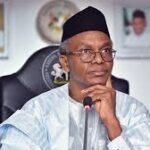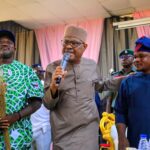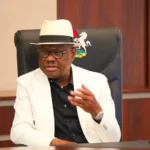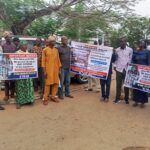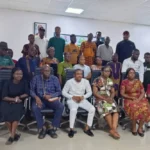Reparation: Africa’s movement towards new rules of engagement
By Ismail Abdulaziz, News Agency of Nigeria (NAN) Many countries across the world have continued to use the blooming youth population in Africa and the inherent skill to develop. Africa is, indeed, giving a lot to the world in terms of resources, manpower and wealth; just as it wasContinue Reading

